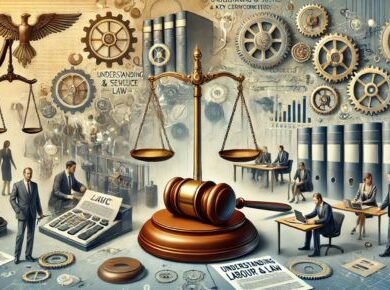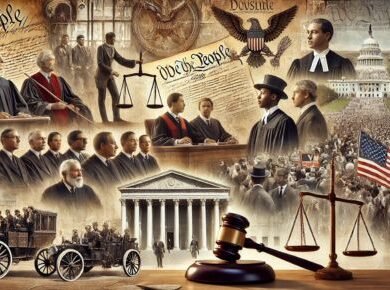6 Frequently Asked Questions About the Balance of Powers
1. What is the equilibrium of abilities?
The equilibrium of abilities alludes to the division of government authority among isolated branches — regularly the leader, administrative, and legal branches — to keep any one branch from turning out to be excessively strong. This idea is established in the rule of balanced governance.
2. For what reason is the equilibrium of abilities significant?
The equilibrium of abilities guarantees that:
No single branch rules the public authority.
Responsibility is kept up with through checks and oversight.
Residents’ freedoms are shielded from bureaucratic power grabbing.
3. How truly does each branch really look at the others?
This is the way the arrangement of balanced governance commonly works:
- Also Read:https://legalfocus360.com/10-questions-about-protecting-freedom-of-expression-explained-2/https://legalfocus360.com/20-key-questions-about-constitutional-safeguards-in-explained
- Presidential Branchhttps://legalfocus360.com/8-common-questions-about-the-judicial-role-in-constitutional-law-
Can reject regulations passed by the lawmaking body.
Delegates judges to the legal executive.
Official Branch:
Can abrogate blackballs and reprimand chief authorities.
Affirms legal arrangements and can propose protected changes.
Legal Branch:
Can announce regulations or chief activities unlawful (legal survey).
4. How does the equilibrium of abilities forestall oppression?
By dispersing power across branches, the framework makes a construction where each branch should depend on the others to work completely, restricting open doors for one-sided independent direction or dictator control.
5. What happens when there’s a power unevenness?
A power unevenness can prompt:
Chief Excess: When the leader sidesteps the assembly or legal executive.
Legal Activism: When courts go with strategy choices instead of deciphering regulations.
Official Impasse: When gridlock in the council deadens government activity.
Reestablishing harmony frequently includes public support, legitimate difficulties, or regulative change.
6. Are there worldwide varieties yet to be determined of abilities?
Indeed. Various nations execute the equilibrium of abilities extraordinarily:
U.S.: A severe detachment of abilities.
U.K.: A parliamentary situation with less inflexible partition however inside checks.
France: A cross breed framework with both parliamentary and official components.
A few countries have powerless or nonexistent checks, frequently prompting tyrant systems.
Might you want to examine a particular framework or model where the equilibrium of abilities has been tried?

